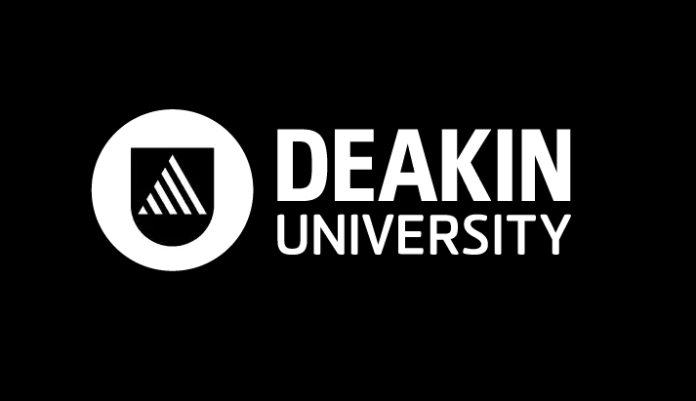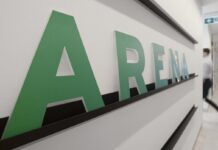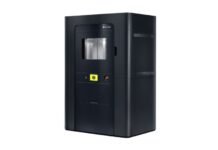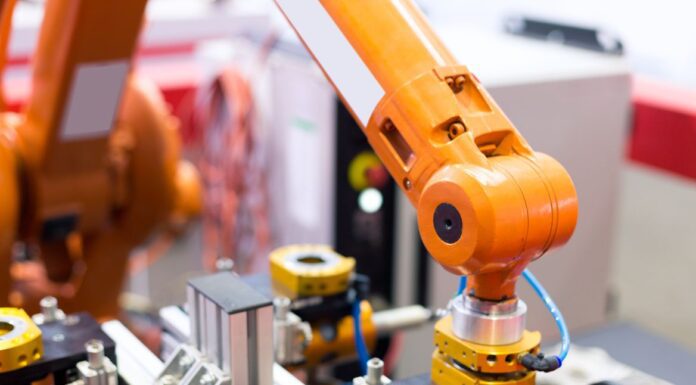
Deakin University will house a new $9.8m state-of-the-art aquaculture research centre that will drive sustainable fish production, novel feed and aquaculture technology development, and industry training.
Backed with funding from the Victorian Government’s Higher Education State Investment Fund (VHESIF) AquaFI Hub, Deakin’s forthcoming aquaculture research innovation centre will be based at the Waurn Ponds campus and will focus on sustainable fish production, novel feed development and aquaculture technology.
According to Deakin’s statement, Associate Professor David Francis from Deakin’s School of Life and Environmental Sciences will lead research working towards improving the sustainability of the aquaculture industry by changing one simple factor; what we feed our farmed fish.
A/Prof Francis said the AquaFI Hub would work directly with industry to explore the use of sustainable ingredients in creating fish food, and how underutilised by-products from other industries can have a second life.
“Our key focus is to improve the way we feed our farmed fish, and to make it more nutritious and sustainable,” A/Prof Francis said.
A/Prof Francis believes a circular bioeconomy is the future of the aquaculture feed industry. He and his team have been taking the discards from the agriculture, poultry and livestock industries, and working on technology to make them more digestible and nutritious as feed ingredients for farmed fish with a view to unlocking the highly valuable benefits of materials that have up until now been underutilised.
He said the challenge was to ensure that the new feed contains all the necessary nutrients required to keep the fish healthy, without changing the flavour of the fish in the process.
To ensure this is the case, A/Prof Francis and his team are collaborating with Deakin’s School of Exercise and Nutrition Sciences to assess whether the new feed products don’t negatively impact the fish.
According to Mr Francis, collaborations like this will drive innovation at the AquaFI Hub, which will also serve as a place for cross-disciplinary curiosity and training, with an internship component and room for HDR students across many fields of study.
“Aquaculture covers a range of disciplines, like biology, chemistry, engineering and economics,” A/Prof Francis noted.
“We want to bring in the entire aquaculture industry and solve these problems together.”



















